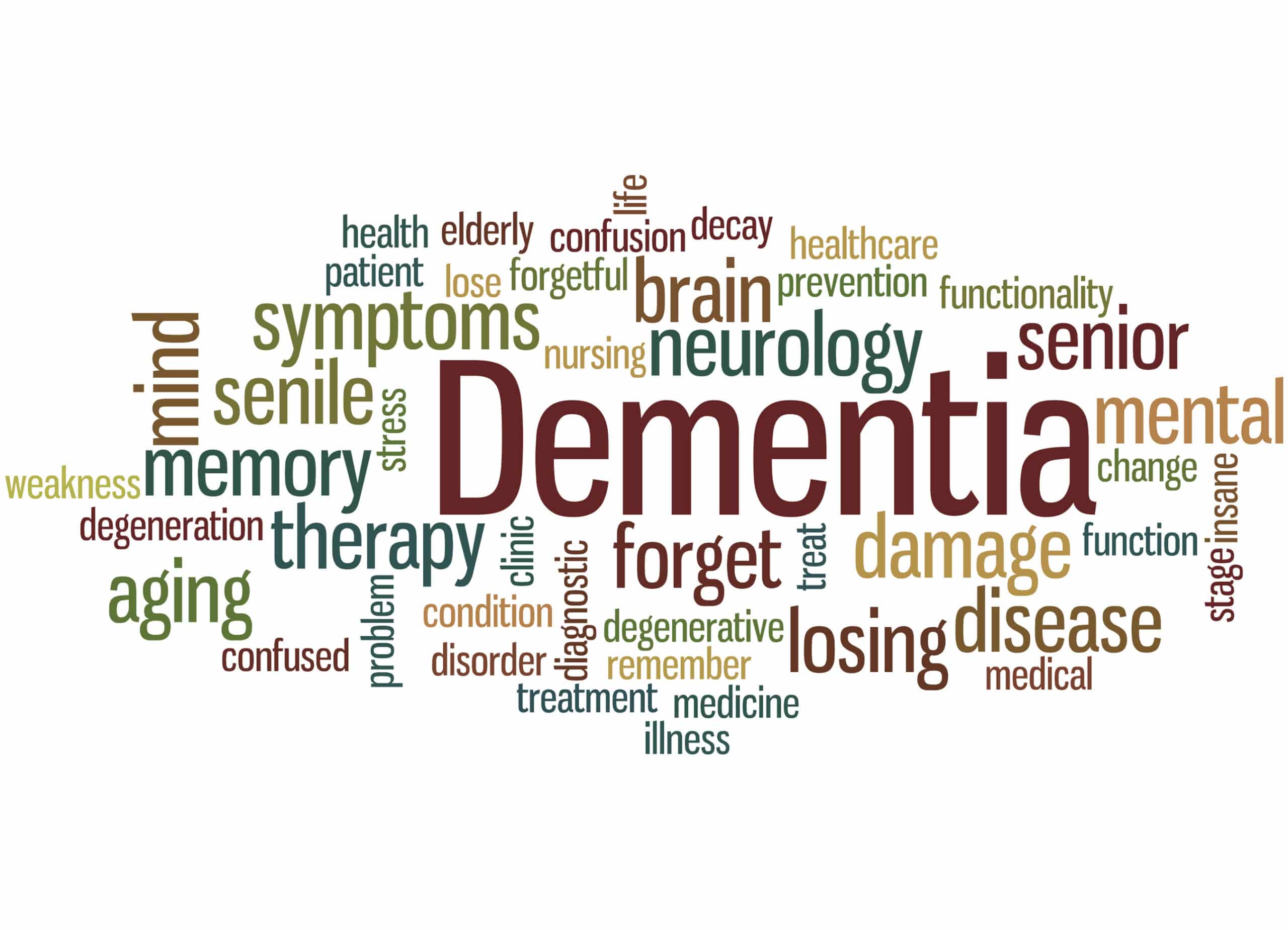African Americans and Hispanics are more likely than non-Hispanic Whites to experience dementia as they age. While depression and anxiety are often associated with dementia, African Americans and Hispanics with these mental health issues are less likely than their White counterparts to be diagnosed and treated. Researchers found that people who reported feelings of serious depression and restlessness had an increased risk of having Alzheimer’s disease and related dementias. The study also showed to what extent these serious signs of mental illness exist in African Americans and Hispanics compared with Whites.
A national survey from 2007–2015 included more than 31,000 Americans, age 65 and older, who each completed five questionnaires over a 2-year period. The surveys captured the participants’ race/ethnicity and answers to questions regarding their feelings of depression and restlessness during the past 30 days. Health providers verified diagnoses of Alzheimer’s disease and other conditions among the survey respondents.
The study results showed that the prevalence of Alzheimer’s disease and related dementias was highest for African Americans (7.1%), followed by Hispanics (5.7%) and then Whites (4.5%). Self-reported experiences of serious depression and restlessness were also higher in the minority groups.
Serious mental distress is both a potential complication and a trigger of dementia, so it is difficult to determine whether the dementia is causing the mental distress or vice versa. However, better diagnosis and management of mental illness may help protect individuals from disease progression. Because of the underdiagnosis of depression and anxiety in older racial/ethnic minorities, self-reported feelings of serious mental distress may be a better predictor of risk for dementia than diagnosis by a psychiatrist.
Racism and cultural barriers might contribute to the higher levels of serious mental distress among African Americans and Hispanics with Alzheimer’s disease and associated dementias. Identifying culturally acceptable treatments for mental illness could help close the gap between these minority groups and Whites. Also, studying the effects of social stresses across the life span may shed light on further ways to improve minority mental health in aging populations.




